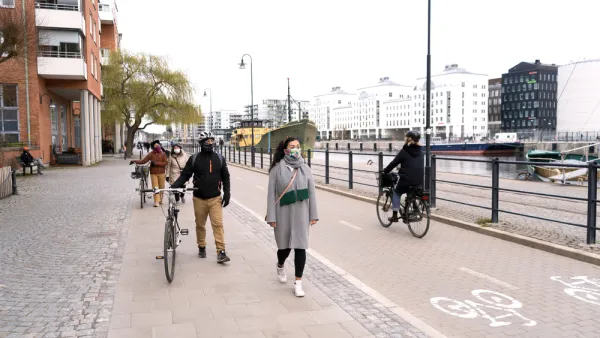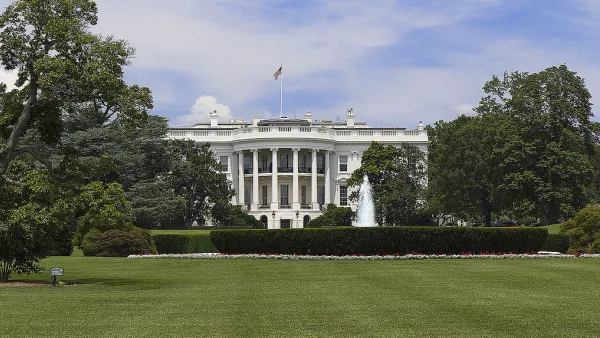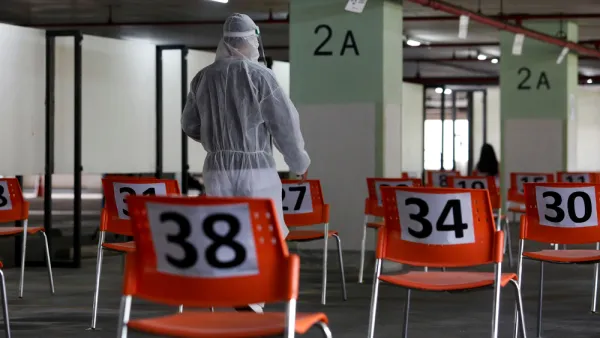Irvin Dawid discovered Planetizen when a classmate in an urban planning lab at San Jose State University shared it with him in 2003. When he left San Jose State that year, he took with him an interest in Planetizen, if not the master's degree in urban & regional planning.
As a long-time environmental activist, he formed the Sustainable Land Use committee for his local Sierra Club chapter and served six years on the Bay Area Air Quality Management District’s Advisory Council from 2002-2008. He maintains his interest in air quality by representing Sierra Club California on the Clean Air Dialogue, a working group of the Calif. Environmental Dialog representing business, regulatory and public health/environmental interests.
Major interests include transportation funding, e.g., gas taxes, vehicle miles traveled (VMT) fees, road tolls and energy subsidies that lead to unlevel playing fields for more sustainable choices.
He hails from Queens (Bayside) and Long Island (Great Neck); received an AAS in Fisheries & Wildlife Technology from SUNY Cobleskill and a B.S. from what is now Excelsior College.
After residing for three years on California’s North Coast, he’s lived on the San Francisco Peninsula since 1983, including 24 years in Palo Alto. Home is now near downtown Burlingame, a short bike-ride to the Caltrain station.
He’s been car-free since driving his 1972 Dodge Tradesman maxi-van, his means to exit Long Island in 1979, to the junkyard in 1988.
Major forms of transportation: A 1991 'citybike' and monthly Caltrain pass, zone 2-2. "It's no LIRR, but it may be the most bike friendly train in America."
Irvin can be reached at [email protected]

The Great Scandinavian Pandemic Experiment
Perhaps no nation has captured more media attention in its handling of the coronavirus pandemic than Sweden. Unlike most of Europe, it never went into lockdown, relying mostly on voluntary social distancing. The state epidemiologist devised the plan.

An Unlikely State Emerges as Nation's Premier Contact Tracer
The Peace Garden State is one of a handful of rural states never to have issued a stay-at-home order, yet it is number three in coronavirus testing per capita and number one in contact tracing, two of the four tools needed to contain COVID-19.

White House Shelves Reopening Guidelines Prepared by CDC
President Trump wants states to reopen businesses quickly but doesn't want to have the Centers for Disease Control and Prevention provide directions to business owners and transit agencies on how to open without spreading the coronavirus.

The Rush to Open: California is No Exception
California was the first state to require all residents to submit to a stay-at-home order, and it appears that Gov. Gavin Newsom wants to ensure it's not the last one to relax that order, regardless of whether it meets the federal guidelines.

Forecasts for New U.S. COVID Cases and Deaths Skyrocket
A draft report from the CDC projects that new cases will grow to 200,000 and deaths to 3,000 – daily, by June 1. The model the White House coronavirus task force uses has increased the projected deaths to nearly 135,000 by early August.

























